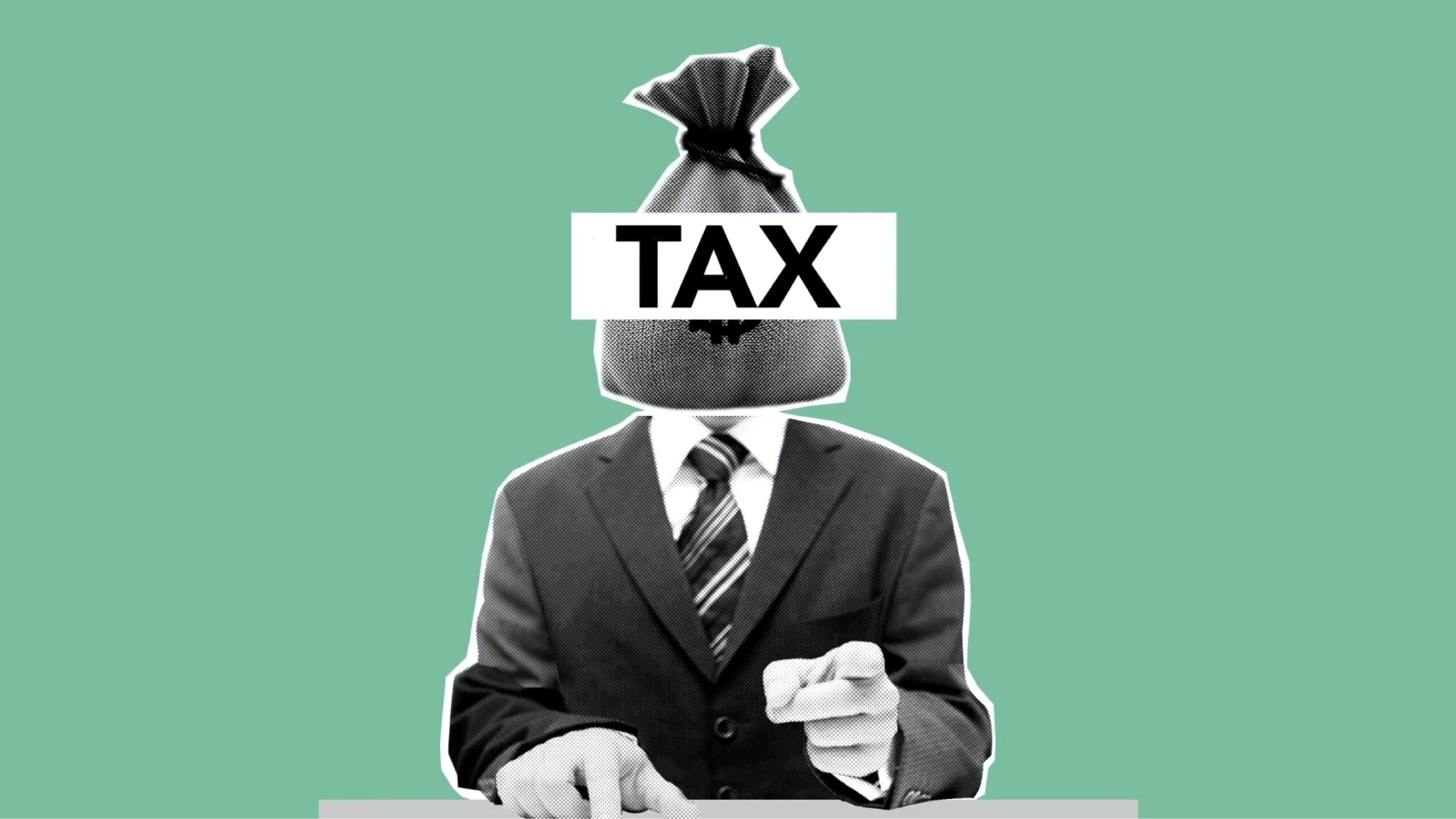Recently, the Presidential Committee on Fiscal and Tax reforms headed by Taiwo Oyedele presented a bill to the Federal Executive Council which was later approved and transmitted to the National Assembly for passage.
The committee saddled with the responsibility to harmonise multiple taxes and levies at all levels of government is also responsible for the unification of revenue collection functions as well as modernisation and simplification of the tax system, including the use of technology for revenue collection
The Oyedele-led committee is also responsible for transforming revenue generation for sustainable development to achieve at least 18% Tax to GDP ratio within the next three years, that is, by 2026
Subsequently, in early October 2024, President Bola Ahmed Tinubu transmitted the Nigeria Tax Bill 2024 to the National Assembly.
- Nigerian producers whose works have received international recognition
- Good governance as a catalyst for economic recovery, growth and development
The bill is expected to reshape Nigeria’s fiscal framework and establish a comprehensive legal framework governing taxation of incomes, transactions, and instruments.
The bill is entitled, “An Act to Repeal Certain Acts on Taxation and Consolidate the Legal Frameworks Relating to Taxation and Enact the Nigeria Tax Act to Provide for Taxation of Income, Transactions and Instruments, and for Related Matters.”
The bill generated reactions from different quarters, including governors and traditional rulers of Northern Nigerian states who on Monday, unanimously resolved to reject it.
According to the northern governors, the contents of the proposed tax bill are not in tandem with the interests of the North and other sub-national entities. And on Thursday, The National Economic Council recommended the withdrawal of the bill.
Highlights of the bill
Increase in VAT
Section 146 of the bill seeks to raise the value added tax (VAT) from 7.5 per cent to 10 per cent by 2025, with further increases to 12.5 per cent from 2026 to 2029, and 15 per cent from 2030 onwards.
In this case, the value of taxable supplies includes the total consideration plus VAT for monetary transactions or the market value for non-monetary transactions. However, in cases where the transaction is part of a larger arrangement, only the relevant portion will be taxable.
Also, on transactions between related parties or those involving non-monetary exchanges, the taxable value is to be determined by the equivalent market value.
Similarly, VAT collected by a taxable person will be called output VAT. Government bodies (federal, state, and local), their ministries, departments, agencies, and other designated agents are required to collect or withhold VAT and remit it to the tax authority as prescribed.
VAT exclusions
Also contained in the bill is the provision for certain supplies to be exempt from the proposed VAT.
These supplies include: oil and gas exports, crude petroleum oil, and feed gas. Other exempt items are: goods purchased for humanitarian projects (where the donor pays VAT upfront), baby products, locally manufactured sanitary products, military hardware and arms, and ammunition supplied to security agencies.
Also, electricity generated by generation companies (GENCOs) and supplied to the national grid or to the Nigeria Bulk Electricity Trading Company (NBET) will be exempt, along with electricity transmitted by the Transmission Company of Nigeria (TCN) to electricity distribution companies (DISCOs).
27.5% company income tax
Section 56 of the bill outlines tax rates to be imposed on the total profits of companies, with small firms taxed at 0 per cent. All other companies will face a tax rate of 27.5 per cent in 2025, which will reduce to 25 per cent from 2026. If a company’s effective tax rate is less than 15 per cent in any assessment year, it must re-compute and pay an additional tax to bring it up to the 15 per cent threshold.
This provision applies to companies within multinational enterprise groups and any company with an aggregate turnover exceeding N20 billion in the relevant year.
4% development levy on companies
Section 59 stipulates a development levy on the assessable profits of companies, excluding small and non-resident companies. The levy is set to be four per cent for 2025 and 2026, three per cent from 2027 to 2029, and two per cent from 2030 onwards. The levy will fund the Student Education Loan Fund.
The revenue will be distributed to the Tertiary Education Trust Fund which will receive 50 per cent in 2025 and 2026, 66 per cent from 2027 to 2029, and zero per cent from 2030 onwards.
The Student Education Loan Fund will receive 25 per cent in 2025 and 2026, 33 per cent from 2027 to 2029, and 100 per cent from 2030 onwards.
Also, the National Information Technology Development Fund will receive 20 per cent in 2025 and 2026, and zero percent from 2027 onwards. The National Agency for Science and Engineering Infrastructure will receive 5 per cent in 2025 and 2026, and zero per cent from 2027 onwards.
5% excise tax on lottery and gaming income
Section 62 and Schedule 10 of the law propose 5 per cent excise duty on revenue of lottery and gaming trade or business.
It described ‘Gaming’ as gambling, wagering, video poker, roulette, craps, bingo, slot or gaming machine, drawings or other games of chance conducted by any person.
It also described ‘Lottery’ or ‘Lotteries’ as any betting, game, scheme, arrangement, system, plan, promotional competition or device for the distribution of prizes by lot or chance, or as a result of the exercise of skill and chance, or based on the outcome of real or virtual sporting events, or any other game, scheme, arrangement, system, plan, competition or device.
5% telecoms tax
In the same vein, the bill had proposed a five per cent excise duty on telecommunications services, including postpaid and prepaid services regulated by the Nigerian Communications Commission (NCC).

 Join Daily Trust WhatsApp Community For Quick Access To News and Happenings Around You.
Join Daily Trust WhatsApp Community For Quick Access To News and Happenings Around You.


